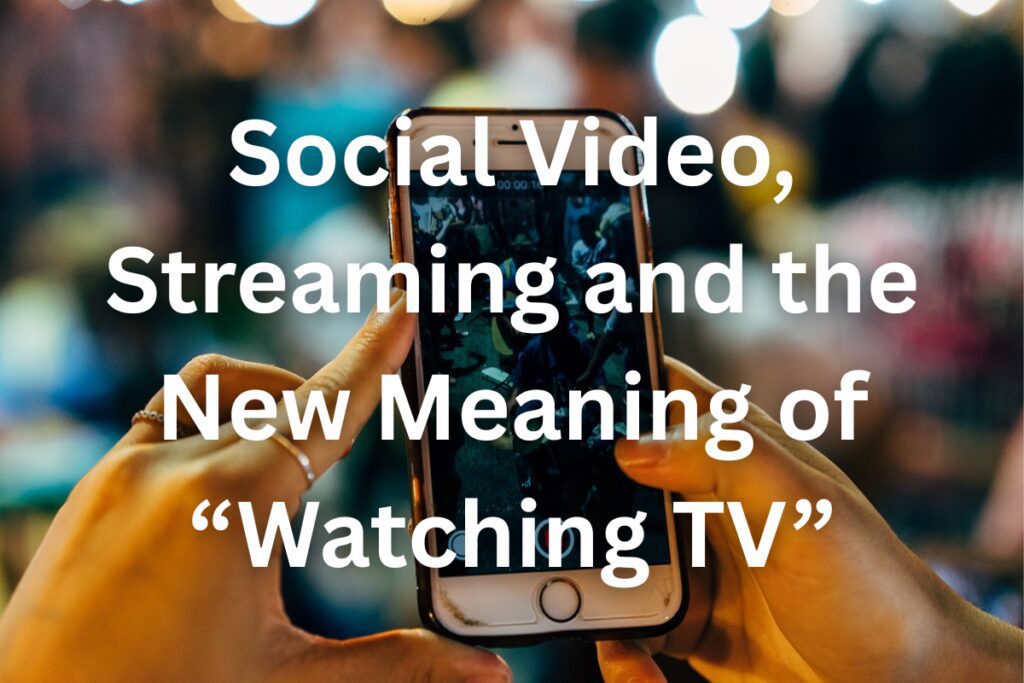TikTok has become a popular platform for members of Gen-Z and younger Millennials to share their stories about how they are mistreated in the workplace, passed over for promotions, and unfairly compensated.
This has led to an increase in rage applying—the act of aggressively sending rèsumès to several companies in order to escape an unfair work situation and secure a job with better pay.
In many cases, this approach is successful; applicants report landing multiple job offers with higher salaries within days or weeks.
What is Rage Applying?
Rage applying means sending out your rèsumè quickly and aggressively after feeling wronged at your current job. It’s a way of quickly extricating yourself from an unfair or toxic situation without waiting on the normal channels of promotion or compensation.
While it may seem rash, may seem empowering—many people who have done so report feeling more confident and in control after taking action into their own hands.
@redweez Keep rage applying when youre mad 🫶🏼 that energy will push you to greater horizons than the job youre stuck in! #work #milennial #worklife ♬ The Sign – Ace of Base
Why are Young Adults Rage Applying?
Young adults, who are often more tech-savvy than their older counterparts, are drawn to the idea of rage applying as a way to quickly and effectively get out of an unfair or toxic work situation. While other methods like asking for a raise or hoping for a promotion can lead to disappointment and frustration, rage applying allows them to take action in the face of a stagnant corporate culture.
Rage applying also appeals to their sense of adventure and willingness to take risks, as they are more likely to embrace the idea of striking out into the unknown in search of better opportunities. It allows young adults to take control of their career destiny by letting employers know you are available and open to new opportunities.
Rage applying can lead to quick wins; applicants often receive multiple job offers with better pay within days or weeks of submitting their rèsumès. This gives them an immediate boost that can be extremely helpful when dealing with difficult work situations.
Rage applying also helps to spread awareness about how unjustly some workers are treated in certain industries. By sharing their stories on social media platforms like TikTok, these individuals try to bring about the change they wish to see in the world of work and beyond.
The Generation Gap at Workplace
As young adults rage apply for jobs, they’re not addressing the real issue here. Other workplace trends seen are quiet quitting, acting your wage, ghosting and the Great Resignation in order to differentiate themselves from other applicants.
Rather than engaging in a direct dialogue with their employers to express dissatisfaction, these individuals are avoiding conflict by completing only the minimum amount of work and searching for alternative employment opportunities.
Generation Z and Millennials have grown up relying on text messaging as their main form of communication, making it far more difficult for them to pick up the phone and make an appointment with their manager, which is termed as phone phobia. Alison Papadakis, director of clinical psychological studies at Johns Hopkins University explains that this cohort has had significantly less practice using a telephone compared to prior generations.
The Negatives of Rage Applying
Any decision taken while an individual is angry can have serious implications. Such decisions might be taken after a correct thought process.
Rage applying is no different; it can be damaging to a career if not handled properly. You would end up taking a job that you’re not even sure of, as the planning and preparing process wasn’t complete. Many employers view this type of behaviour negatively and may choose not to hire someone who has demonstrated this kind of attitude or approach.
Additionally, being too aggressive in your search for alternate employment opportunities can be viewed as disrespectful by current employers, which can make it difficult to maintain a positive relationship.
Experienced managers are aware that if a job seeker speaks critically of their previous manager in an interview, they may talk ill of their new workplace when the time comes to leave. In this contemporary world where endless options exist for companies, it is generally easier to pass on a candidate and search for another who does not involve any conflict or drama.
Rage applying can also make you seem flaky and unreliable, as employers might assume that you would leave them quickly if another opportunity presented itself.
Conclusion
Clearly, rage applying is becoming increasingly popular among those who feel overlooked or unappreciated at work—especially younger generations. However, it is important to consider the potential consequences of this approach before making any decisions.
Rage applying can be a viable option for those who are looking for better opportunities, but if done in an unprofessional manner, it can have serious implications on one’s career and reputation.









